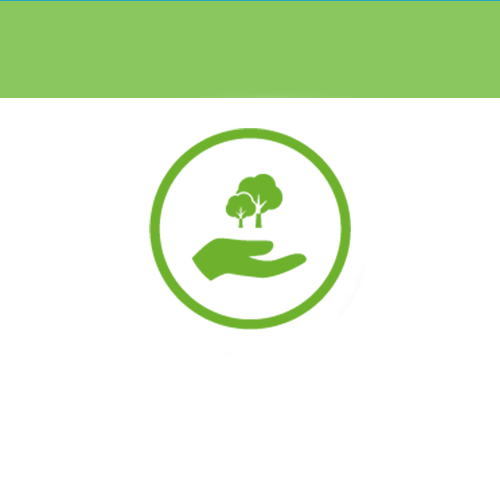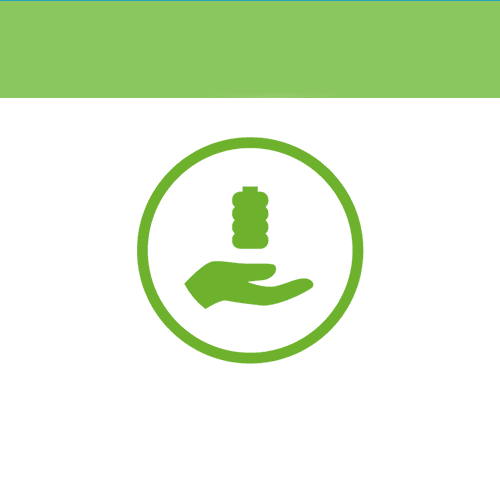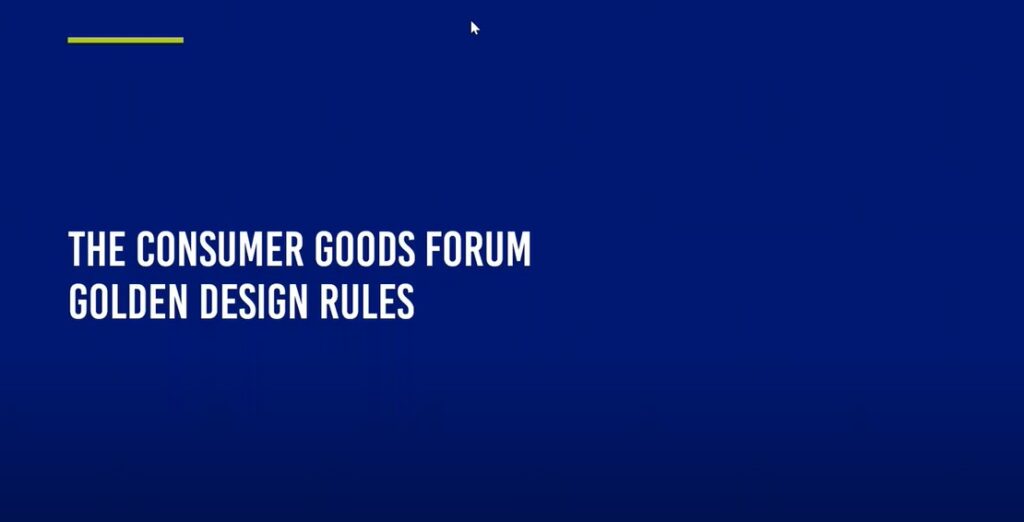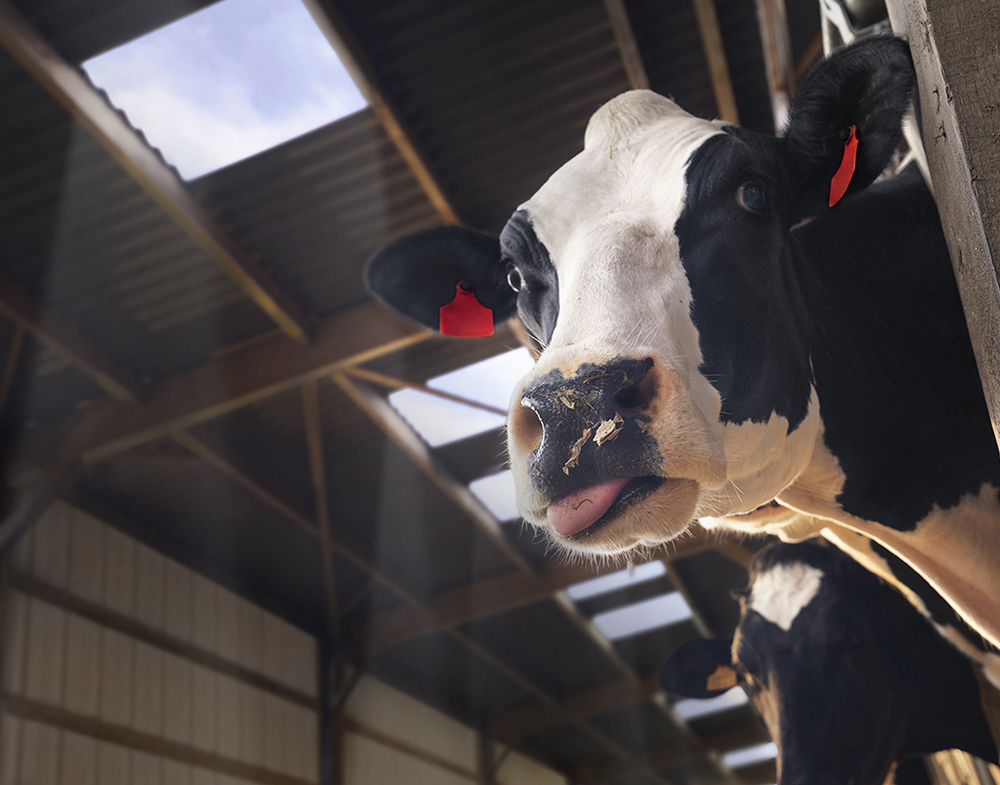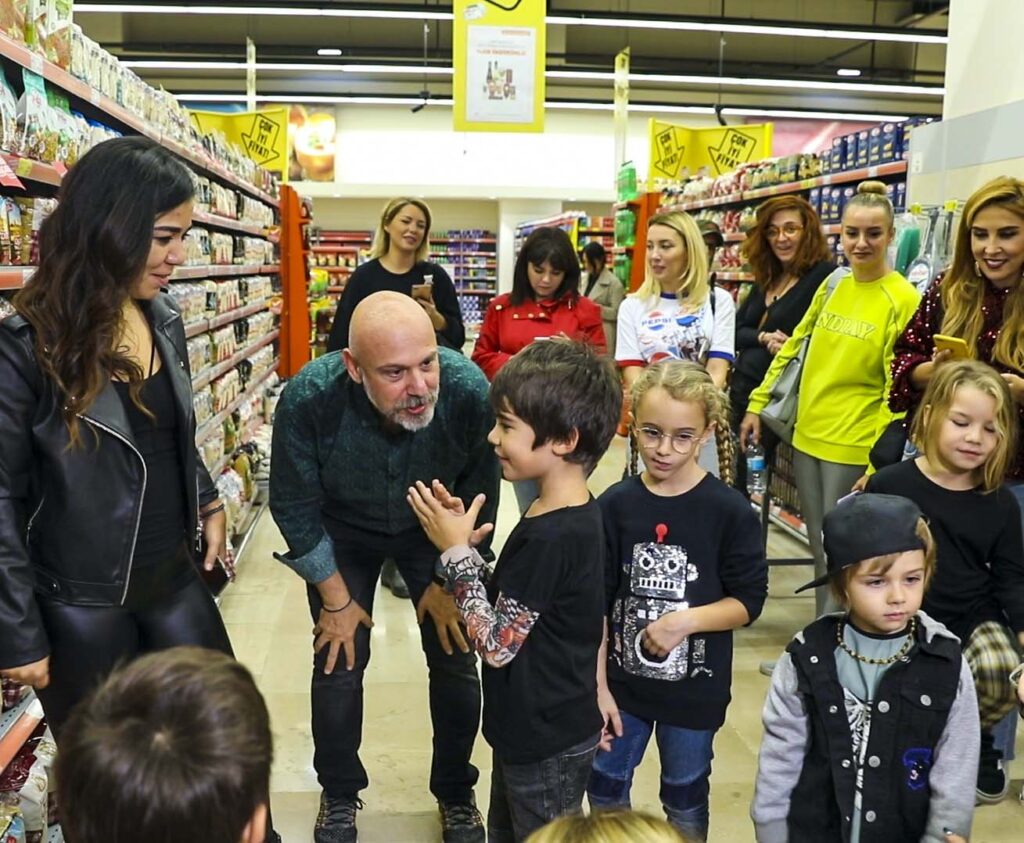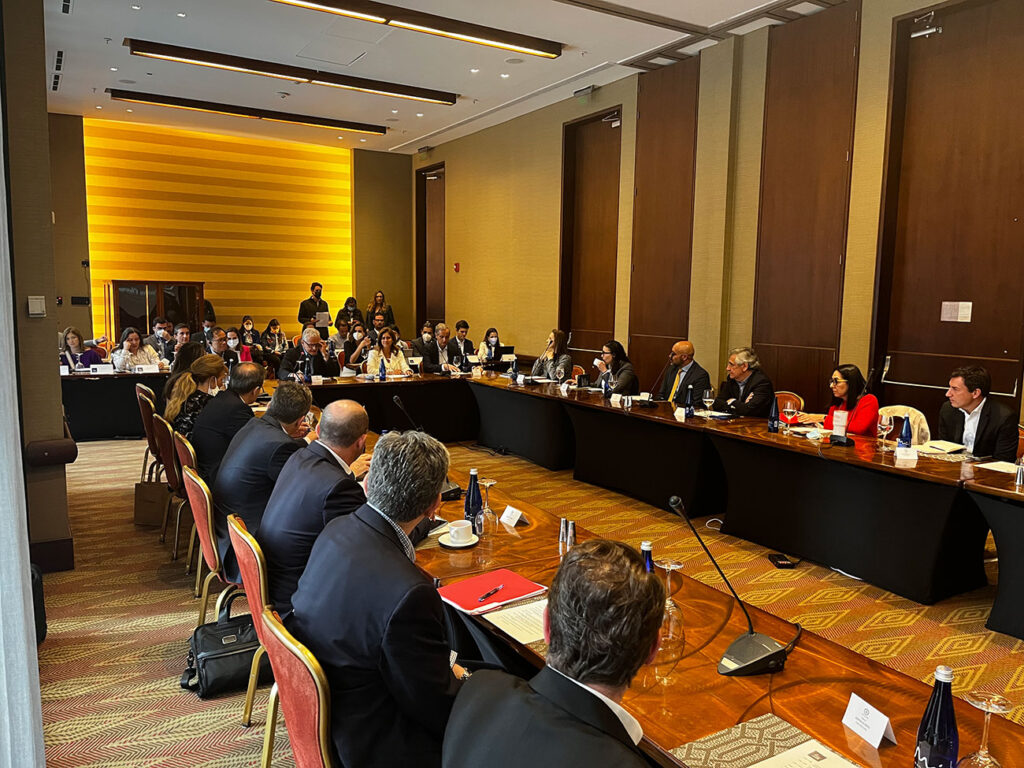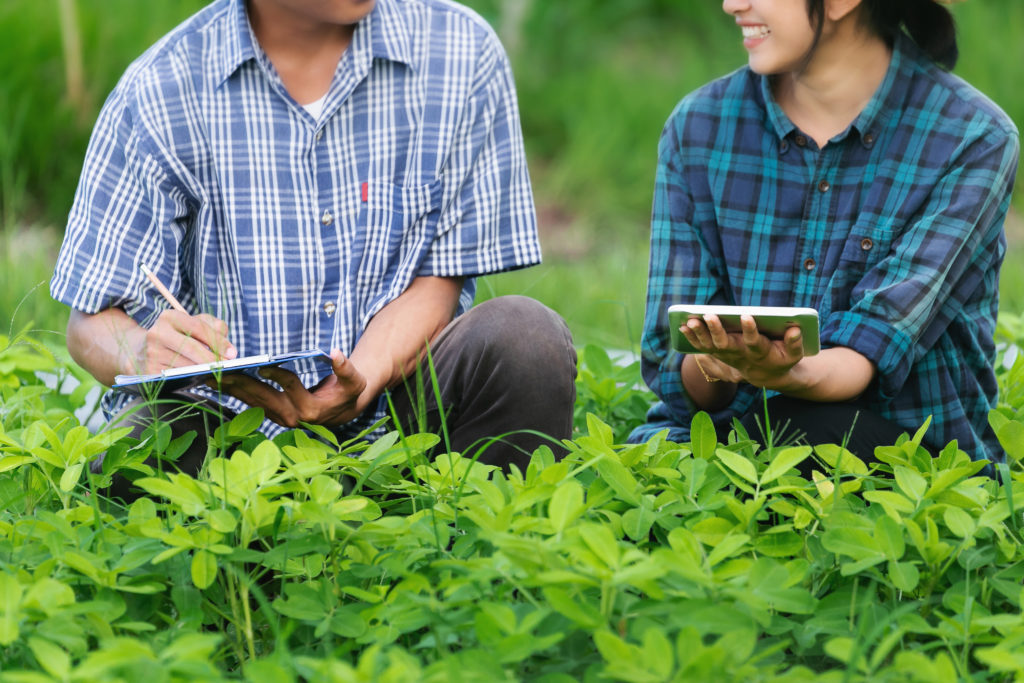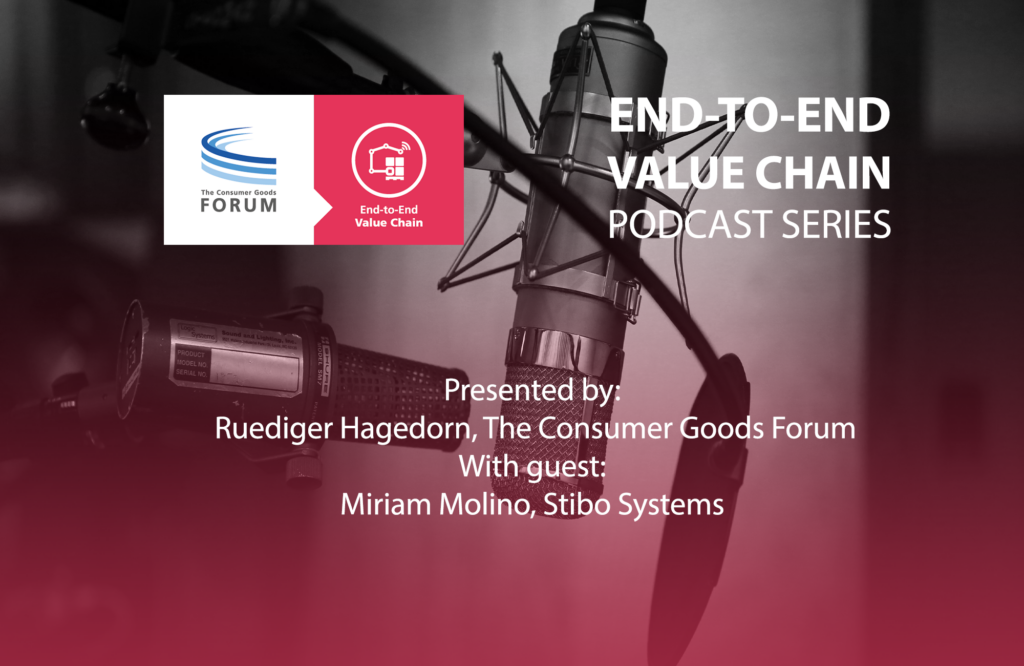Explore Tags
#Migrant Workers, #Human Rights Defenders, #business and human rights, #Oonagh Turnbull, #Flora Food Group, #METRO France, #Groupe Savencia, #Paris N4G, #ethical supply chain, #CHRO, #modern slavery act, #collaborative business solutions, #Mon Restaurant Passe Au Durable, #UN Forum on Business and Human Rights, #HRDD Asia, #recruitment marketplace, #corporate governance, #sustainable business, #Walk Free, #Embode, #chefs, #Asia-Pacific recruitment, #forced labour solutions, #Labeyrie Fine Foods, #ETI Base Code, #SMETA 7.0, #Usha Kakaria-Cayaux, #CGF Collaboration for Healthier Lives,

